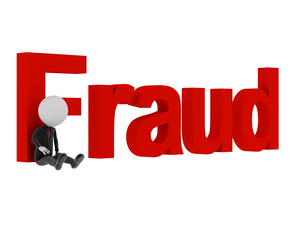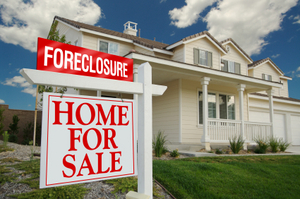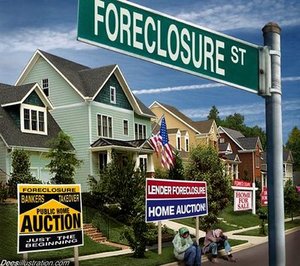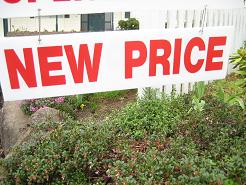 A large number of claims in Florida are being filed as a result of forged deeds on foreclosed or bank owned properties. The deeds were almost always into trust and the transaction that was insured in the one from the trust to the new, the innocent purchaser.
A large number of claims in Florida are being filed as a result of forged deeds on foreclosed or bank owned properties. The deeds were almost always into trust and the transaction that was insured in the one from the trust to the new, the innocent purchaser.
How this scam works is as follows. First, the property is either currently being foreclosed on, or has been foreclosed on and the bank has acquired it. Often times the property at issue is “abandoned” by the homeowner leading to squatters coming to the property. Second, a special warranty deed is recorded that looks to be from an officer in the lender/bank’s office. Third, the grantee on the deed is a trust. Not a trustee of the trust, but the trust. Fourth, minimal doc stamps are then paid on the transfer.
The red flag or scam is that the grantee is a trust not the trustee of the trust. Moreover, another red flag has to do with the fact that only nominal stamps are paid for the transfer to the trust. Also, often times the notary who notarized the documents is not even a real notary.
For instance, our firm recently worked on a case where this fraud became painfully evident. Our client had fallen behind on his loan, and was in the process of being foreclosed. A short sale had been agreed upon and the parties were working towards completing that deal. However, a routine title search revealed the homeowners had deeded their property over to the “Claude Monet Trust.” The homeowners, of course, had nothing to do with that transaction, and denied ever selling it to the “Claude Monet Trust.” But that did not stop the brazen fraudsters from going so far as even filing a satisfaction of mortgage. As this was going on, squatters then appeared on the property, which further complicated matters. Fortunately, the notary who had notarized the deed was non-existent, and the doc stamps paid were improper, among other irregularities. We were able to work with the bank and get all the fraudulent papers stricken from the court file without having to file a quit title action, and we were able to complete the short sale.
—–
EXTENDED BODY:
But our story is not unique to the South Florida real estate landscape. Indeed, a partnership called Presscott Rosche or Prescott Rosche, is taking advantage of Florida’s foreclosure process in a fraudulent manner too. This company has claimed more than thirty (30) houses and condos throughout South Florida by fraudulent means. This is a very troubling development to many homeowners as the company has easily passed fraudulent deeds through the court system. These deeds often times do not contain the signatures of the proper homeowners; rather they contain forged signatures.
Most of the real homeowners, who have been a victim of this scam, are often times unaware that this is happening to them. They have submitted documents called “A Notice of Non-Abandonment” claiming the homes before “God Almighty under the Great Seal of Florida, and the laws of the united stated of America.”
On one occasion, Prescott Rosche filed a deed saying Frank Lopez and his wife transferred their Kendall to their partnership. Mr. Lopez first found out about this when he returned to his homes months after vacating it to find three people living in his home. He informed the police, who arrived along with four other men who brought a purported deed to his house. Lopez was later sent an apologetic letter by Prescott Rosche along with a deed that transferred the property back to Lopez. This was one of ten (10) deeds, which where transferred from Presscott Rosche back to its original owners.
Along with Prescott Rosche many fraudulent antics, they also have many employees under fake names and with criminal pasts. For instance, one of the partnership’s agents is listed as Daya Oluz, who in actuality is Claudia Zuloaga. Zuloaga is known to be an office manager for the company. She most recently worked as a tax preparer; who was banned from submitting tax documents after it was alleged that she was orchestrating a tax fraud scheme. Another example of this is Esteban Oviedo, who used the company’s fraudulent practices to take over a home which was owned by a German couple. Oviedo was suspected of breaking into the house and changing the locks. Oviedo claimed to have a proper lease to the home and was not convicted.
Fraud seems to be involved in every aspect of Prescott Rosche and it seems as though they have continued to proceed in fraud with relative ease. They often times are acquitted from claims against them, as the court claims there is not enough evidence to show they are not true owners.
Many of these fraudsters have mastered avoiding major legal issues as they rarely show up in court to defend claims against them. Contact our firm today if you believe that you have been the victim of a fraudulent transfer of your property.









